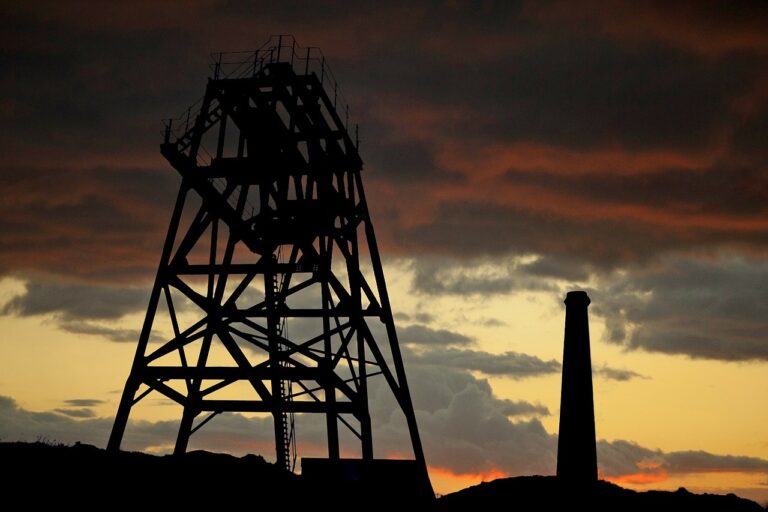A wave of unexpected heat is colliding with slimmer-than-hoped-for stockpiles, creating a moment of tension in the gas market that could reverberate through portfolios before the end of summer.
Mid-July’s data revealed that injections into U.S. underground storage fell noticeably short of forecasts, leaving working supplies only marginally above the five-year norm yet trailing last year’s levels by a similar margin. As a blistering heat dome grips the western half of the country, power generators are cranking up their gas-fired turbines to cool homes and businesses, pushing spot prices in key hubs to multi-month highs. The result is a market trading on a knife-edge: any uptick in cooling demand or hiccup in production could amplify price swings, compelling investors to reassess both short-term trades and long-run supply bets.
Behind the headlines lies a subtler narrative of shifting margins. U.S. storage stands at just over 3,000 billion cubic feet, roughly 6% above the five-year seasonal average yet similarly below the tally at this time last year. The latest weekly injection of 53 billion cubic feet disappointed analysts expecting closer to 61 billion, underscoring that spare capacity is not as plentiful as assumed when demand peaks. Meanwhile, natural gas output has plateaued, averaging just over 106 billion cubic feet per day, with production slightly down from the prior week. In the background, producers are signalling caution: the count of active rigs drilling for gas has slipped from a 15-month high, setting the stage for tighter supply if drillers maintain restraint.
On the demand side, the swing factor is weather. Forecasters are flagging temperatures running well above normal across California, the Pacific Northwest and even parts of the interior West through late July. That heat surge is already translating into a near-40% rise in gas-fired electricity generation in some areas, sending benchmark hub prices to levels not seen since late spring. At one Californian node, prices briefly pierced the mid-$4 mark, while another Pacific Northwest point doubled from its early-month low. Grid operators are alert to the strain on transmission and supply chains, and any further uptick in cooling demand would magnify the draw on working gas inventories.
Investors weighing the broader energy complex should note that the rise in spot gas rates is being felt unevenly across regions. While the U.S. benchmarks rally, European gas storage still moves beneath seasonal norms even as policy adjustments have eased the urgency to refill. Liquefied natural gas flows from the Atlantic remain robust thanks to softer Asian demand, tempering the impulse for frantic purchases in northern markets. Yet political shifts and mandated fill-rates keep a bid under gas, ensuring that any fresh supply shock could trigger ripples from Houston to Hamburg.
Technically, markets are tightening into a narrow range. Price averages have rebounded from their June lows but now confront resistance where moving averages converge, suggesting that while rallies can persist in the face of hot weather, a cooling streak or a production uptick may puncture current levels as swiftly as they rose. Momentum indicators point to cautious optimism in the short term, yet the broader trajectory still hinges on how quickly underground stores refill before autumn and whether production growth can keep pace with weather-driven swings.
For those constructing portfolios, this juncture offers a dual-pronged decision: tactically, there may be value in capitalising on heat-related price momentum; strategically, the underlying supply framework—tempered drilling activity, moderate storage buffers and geopolitical considerations in global LNG flows—calls for a balanced stance. Natural gas may well outperform peers in the very near term, but longer-dated contracts and infrastructure plays deserve a measured outlook until clear signals emerge on refill rates and weather patterns beyond August.
In the end, the current squeeze is a reminder that natural gas remains at the mercy of Mother Nature and drilling economics alike. Summer’s high-temperature stress test positions the market for sharper moves than usual, offering both opportunity and caution flags for those invested in a commodity that underpins power generation, industrial processes and heating alike.
Diversified Energy Company plc (LON:DEC) is an independent energy company engaged in the production, marketing, transportation and retirement of primarily natural gas and natural gas liquids related to its U.S. onshore upstream and midstream assets.








































